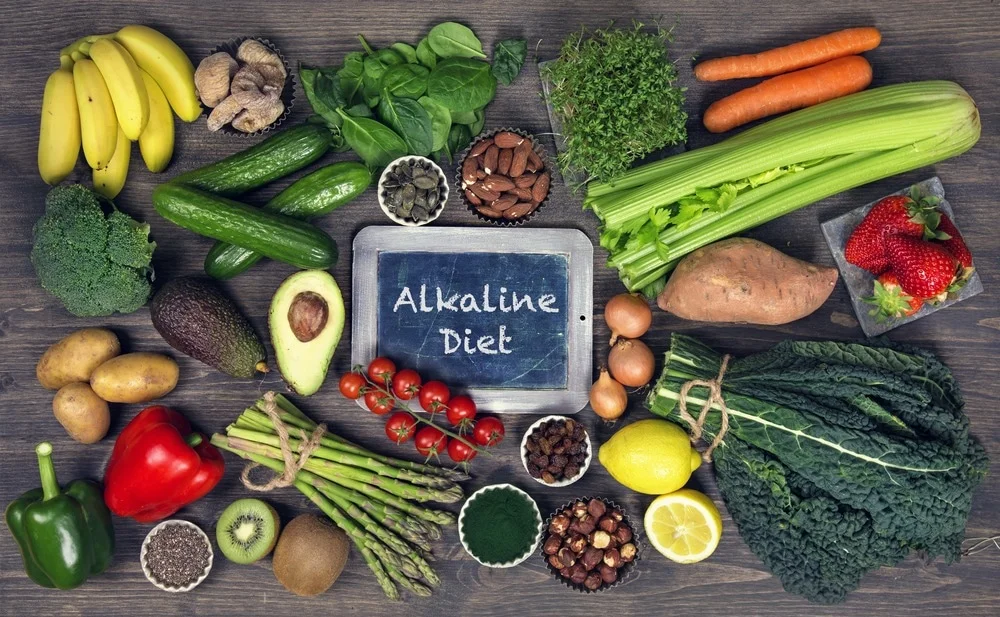The realm of diet trends is ever-expanding, with each new fad promising enhanced health and wellness. One such trend, the alkaline diet, suggests that prioritizing alkaline foods over those that produce acid can improve your body’s pH balance, potentially aiding in weight management, boosting energy levels, and even combating diseases like cancer. But how credible are these claims? Let’s explore the principles of the alkaline diet and evaluate its potential benefits.
Understanding the Alkaline Diet
The alkaline diet is based on the premise that certain foods generate harmful acid in the body and should be avoided. These include meat, fish, eggs, dairy products, grains, and alcohol. In contrast, the diet emphasizes consuming foods and beverages with a higher alkaline content, purportedly to help balance the body’s pH levels.
The pH scale, which ranges from 0 to 14, measures the acidity or alkalinity of substances. Foods closer to 0 are highly acidic, those near 7 are neutral, and those above 7 are considered alkaline. A typical alkaline diet includes whole foods like legumes, nuts, non-starchy vegetables, select fruits, quinoa, and olive oil, all rich in essential nutrients such as calcium, magnesium, and potassium.
Core Elements of the Alkaline Diet
Quinoa Quinoa is a nutritious grain high in fiber, minerals, and antioxidants, making it a superior alternative to other grains. It contains manganese, which helps with nutrient absorption, and phosphorus, which supports bone health. Quinoa can be used as a rice substitute or added to salads and stews.
 Millet. Millet, a grain rich in protein and iron, often serves as a wheat replacement. With higher fiber content and easier digestion compared to white rice or wheat, it is also a popular choice for gluten-free diets.
Millet. Millet, a grain rich in protein and iron, often serves as a wheat replacement. With higher fiber content and easier digestion compared to white rice or wheat, it is also a popular choice for gluten-free diets.
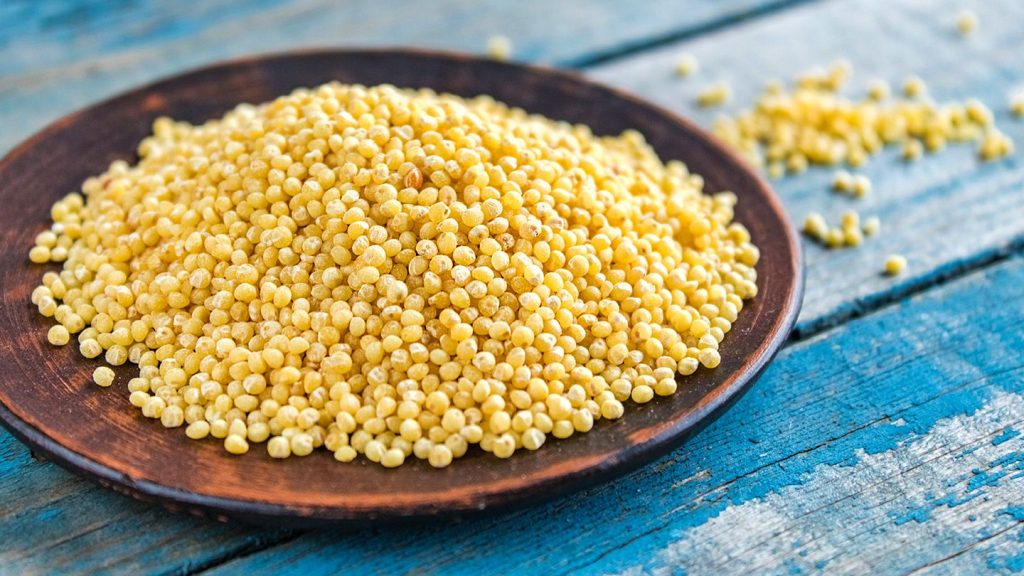
Sweet Potatoes. Sweet potatoes are an excellent source of complex carbohydrates, fiber, and essential minerals such as calcium and iron. They can be roasted, added to curries, or incorporated into various dishes, making them a versatile and healthy option.
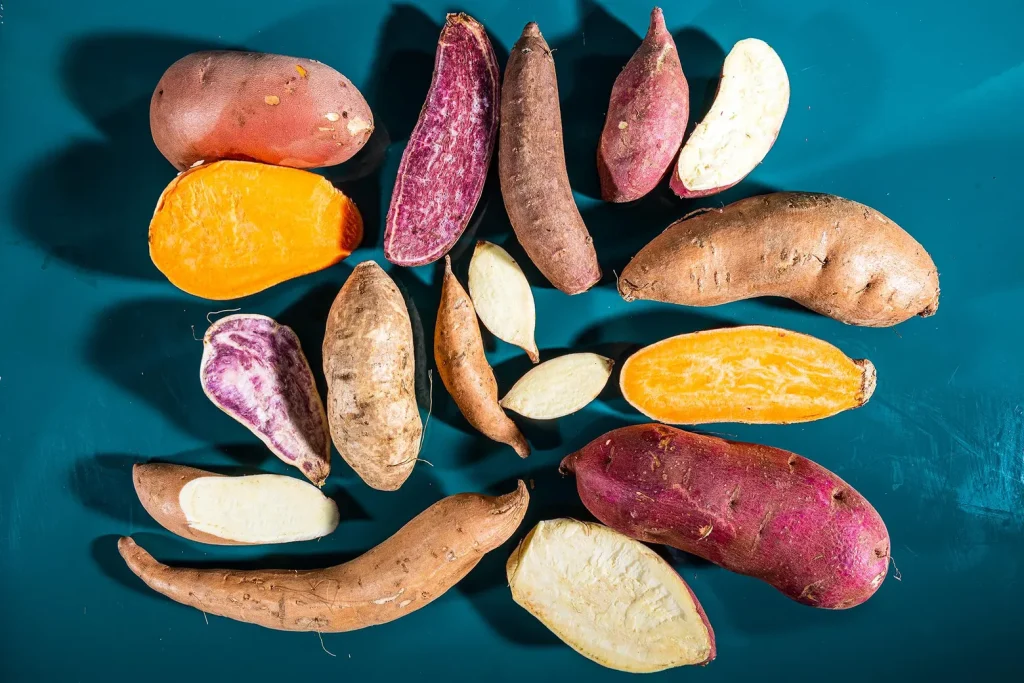
Beans. Beans are a vegan-friendly source of protein, filled with fiber, minerals, and vitamins. Varieties such as butter beans, haricot beans, and soybeans fit well within the alkaline diet. While not all beans are alkaline, soaking them before cooking or adding baking soda to the cooking water can reduce their acidity.

Green Vegetables. Green vegetables are a cornerstone of the alkaline diet due to their high nutritional value. Vegetables like green beans, cabbage, and Brussels sprouts are rich in fiber and minerals. Leafy greens such as kale provide substantial amounts of vitamins A and C.
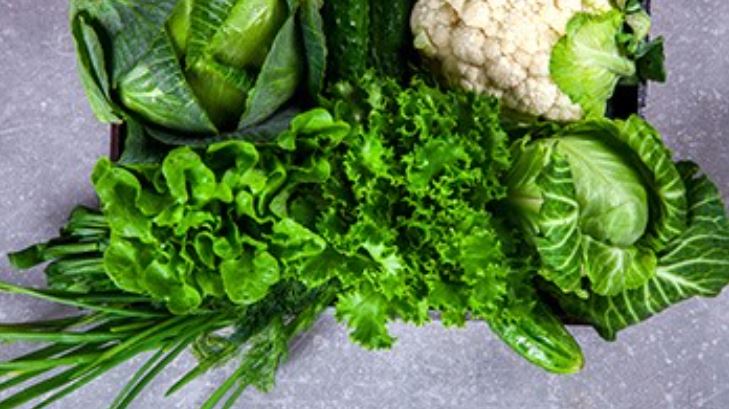
Fruits. Although most fruits are naturally acidic, the alkaline diet includes those believed to have an alkalizing effect on the body, such as grapefruit. Fruits are vital sources of vitamins, minerals, and fiber, supporting digestive health and reducing the risk of bowel cancer. For example, pomegranates are rich in vitamin C, while avocados provide potassium and healthy fats.
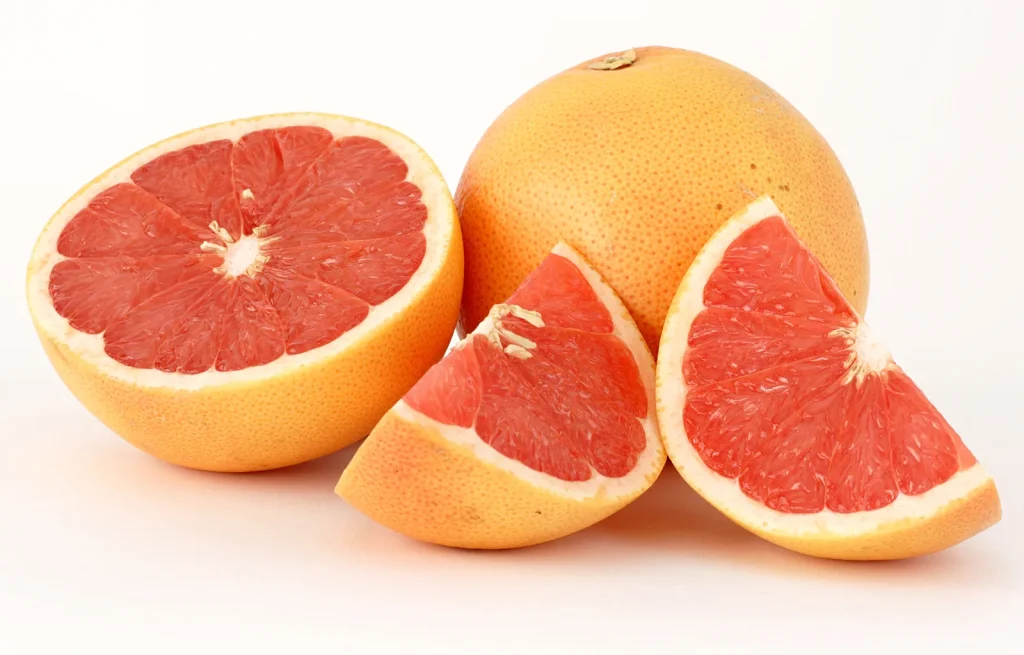
Tofu. Tofu, a plant-based protein, is advocated by the alkaline diet for its potential to help the body reach a more optimal, alkaline state. It is nutrient-dense and serves as an excellent meat alternative for those seeking healthy protein options.
 Olive Oil. While olive oil is on the lower end of the acidic scale, it is rich in antioxidants and healthy monounsaturated fats that can lower LDL cholesterol levels. It is best used at lower cooking temperatures to preserve its beneficial properties, making it ideal for sautés, pasta, and salad dressings.
Olive Oil. While olive oil is on the lower end of the acidic scale, it is rich in antioxidants and healthy monounsaturated fats that can lower LDL cholesterol levels. It is best used at lower cooking temperatures to preserve its beneficial properties, making it ideal for sautés, pasta, and salad dressings.
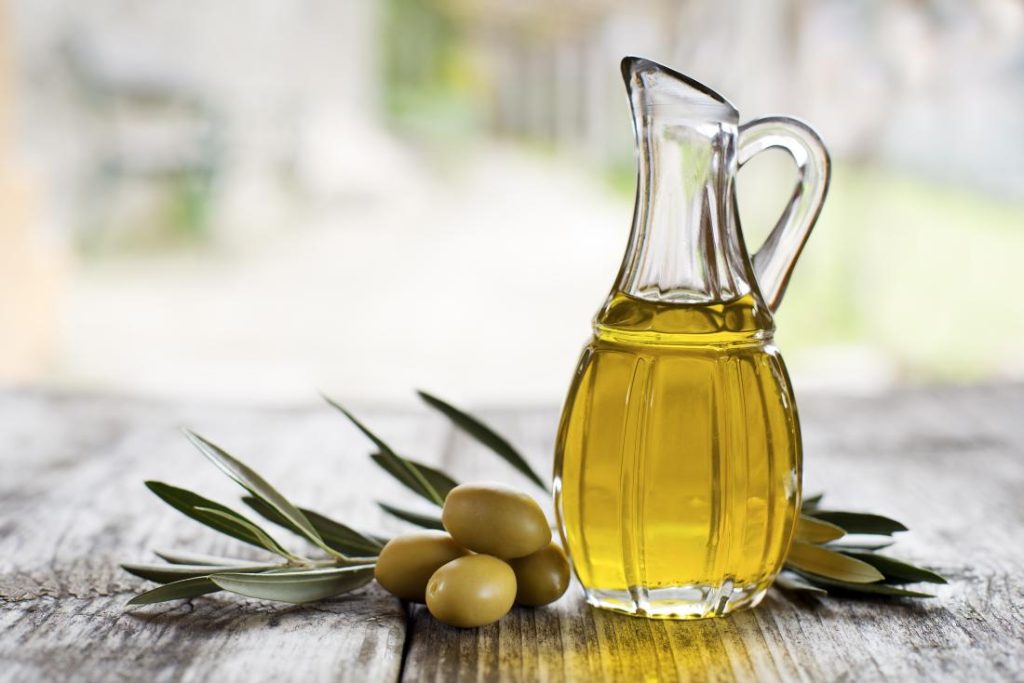 Conclusion
Conclusion
The alkaline diet encourages the consumption of a variety of nutritious foods believed to offer numerous health benefits. However, it is essential to approach any diet with a balanced perspective and consider individual health needs. Consulting a healthcare professional before making significant dietary changes is always recommended.







